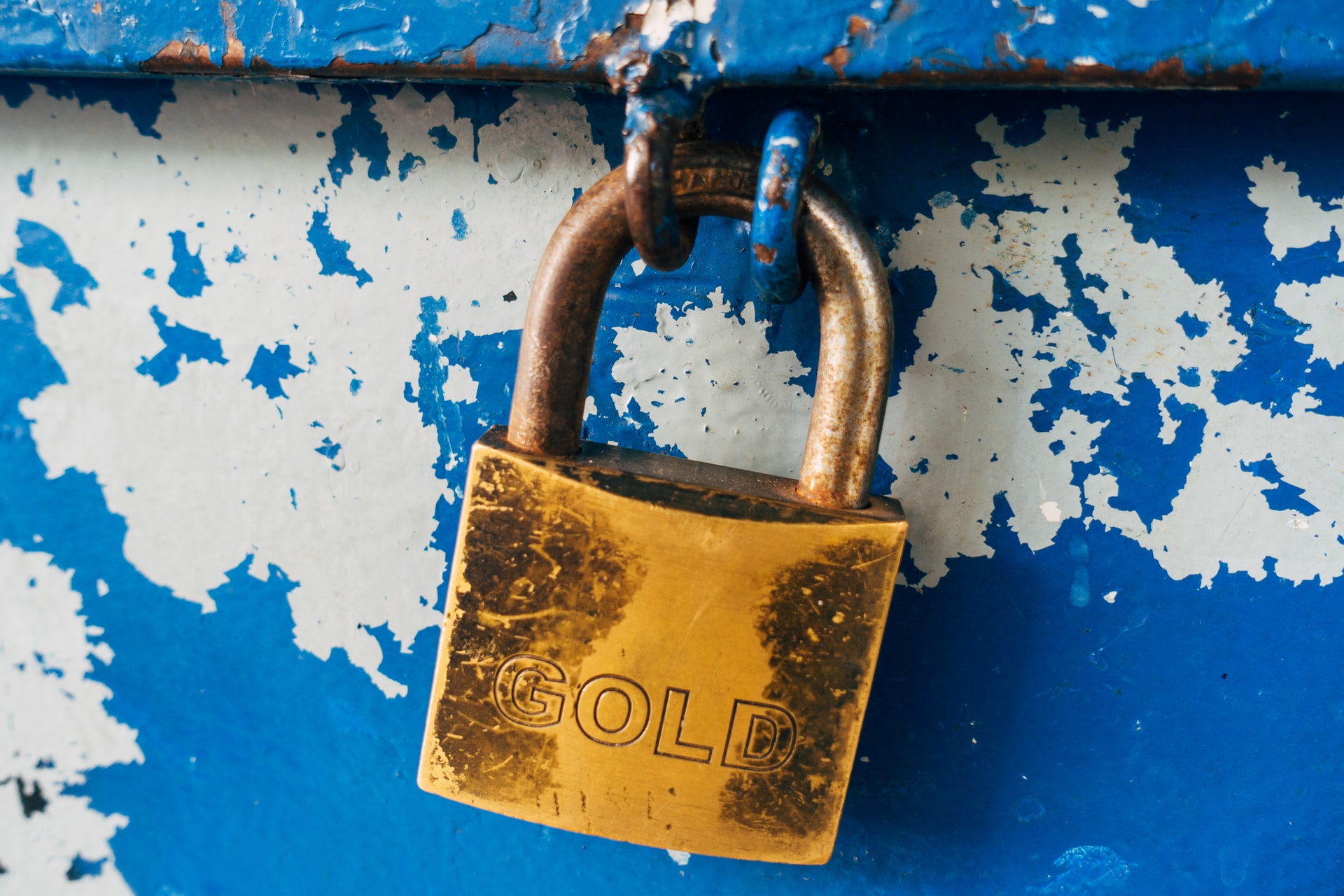Nothing in life is to be feared, it is only to be understood. Now is the time to understand more, so that we may fear less.
—Marie Curie
Fear is an emotion that arises from a real or perceived danger or threat. It fills us with negative energy, especially this fear remains static and we do nothing about it. Consider and weigh up the danger of illness. Do not give in to fear mongering. It is absolutely understandable that none of us wants to get sick, and that we do not want to pass along this virus to vulnerable groups, but that’s about as far as logic will take us. The real threat of Covid-19 is a bit greater than that of the regular seasonal flu. The perceived danger, however, is disproportionate to the actual danger. Do not get psychologically confused!
Fear is an emotion that arises from a real or perceived danger or threat. Our organism cannot distinguish between a real or unreal danger, resulting in the same amount of stress. The real danger is often much smaller than the perceived one which incapacitates us. This is because danger lays down the foundations for a psychology of illness. Panic attacks, dizziness, isolation, obsessive thinking, denial and other symptoms. When this lockdown and the hunt against Covid-19 is over, it would be wise for us to not let phobias and disorders linger within us, potentially tainting us for years to come, or even a whole lifetime. Let us throw the imaginary danger out the window, with these useful tips:
1. Update yourself just once a day. There are no real benefits to constantly reading the news or checking your phone for new updates. This only leads to more stress. There are no real benefits to posting scary statistics every day. There is no benefit to constantly talking about danger. We only fill our body with negative energy and allow ourselves to become more susceptible to illness and distress.
2. Remember to unplug. Put your smartphone or laptop notifications on silent. Enjoy social networking in a manner that is responsible for your mental health. Notification alerts and sounds can be distracting and affect our perception, focus and feeling of living in the present. They distract us from what we choose to experience.
3. Treat your body with the same love and care you would if you were actually (a bit or even very) sick. Isn’t it weird that when we are actually sick is the only time we decide to eat healthier foods and rest more? Deep down, we all know this is good for us on a daily basis. This should be a conscious part of our daily lives, for a stronger immune system 365 days a year.
4. Hydrate! Drink more water. We are made up of 70% water and often forget to replenish it. Reexamine what you consume and opt for detoxing foods that boost your organism against stress.
5. Take note of the positives. Take a sheet of paper and write down all, and I do mean all, of the positive (+) things about your daily life, even the small things you appreciate or enjoy. A hot bath, your favourite comfort food, your favourite time of day, a good joke, pictures of your loved ones, your favourite hobby, a cup of hot tea or coffee, your favourite secret place to visit, a playlist of our favourite songs, your favourite book or movie, pictures from your best holiday, your most treasured memories. Take a deep and conscious breath that will fill you with oxygene, bringing you back to the here and now! And put this habit into action; make this list every day. One positive (+) thing a day keeps the negative (-) away!
6. Move your body in any way possible! This will interrupt your Mind. In turn, your Body will motivate your Emotion and your Mind without you even realizing it. Our Mind-Body-Emotion Triptych intercommunicates and they help and support each other, if we learn to listen to it and manage it when the going gets tough.
7. Share your emotions in your daily communication. Don’t just share the news, share how you feel. Accept that your Emotions might change throughout the day and follow them with love. Don’t be afraid to get angry, or cry — share it.
We are going through an historical period, when we must assign the virtues of patience and concentration to the list of positives (+) about ourselves and society at large. The more we are consumed by negative (-) thoughts and emotions, the more we have to work on our positives (+). This will help us become stronger, both in our psychologically and our immune system, so that we might make it through this crucial time.
The fight for psychology is not won by obsessing over the negatives (-), but by highlighting the positives (+) which can bring up back to the top of “the wave of life,” feeling even stronger and ready to face anything that comes our way!
If you think that you or someone you know might benefit from a session concerning anxiety, fear or some other psychological disorder, get in touch to book an appointment.
____
These articles are meant to be psycho-educational. They are not meant as a diagnosis or therapy tool. Their aim is to inform and educate. Article source & copyright: Evy Syrou, Cognitive Psychologist | www.evysyrou.gr



